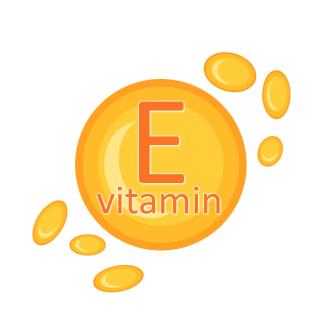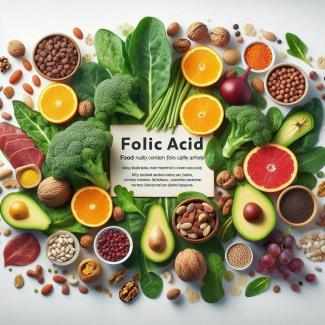In this section, you will find comprehensive information about vitamins and their essential roles in maintaining overall health. Explore detailed articles on the different types of vitamins, including water-soluble and fat-soluble varieties, their sources, recommended daily allowances, and the potential health benefits of each. We provide insights into how vitamins contribute to various bodily functions, the consequences of deficiencies, and tips for ensuring adequate intake through diet and supplements. Empower yourself with knowledge to make informed choices for your nutritional needs.
Vitamin A is a fat-soluble vitamin that plays a crucial role in maintaining various aspects of human health. Here are some of the key reasons why we need vitamin A:
Vitamin E is an essential nutrient that the human body requires for various important functions.
Folic acid, also known as vitamin B9, plays a vital role in numerous bodily functions, ranging from DNA synthesis to cell growth and division.
Longevity and quality of life are deeply intertwined with physical activity, as confirmed by decades of scientific research.
Superfoods are nutritionally dense foods that are believed to be especially beneficial for health and well-being.
Vitamin A plays a crucial role in maintaining eye health, and its deficiency can lead to a range of eye problems. Here's how vitamin A affects eye health:
Quinoa (pronounced "keen-wah") is a plant and food grain that originates from South America, primarily the Andean region.
Vitamin D and magnesium are two essential nutrients that play crucial roles in the body, and there is indeed a close connection between them.
Maintaining a diet rich in nutrient-dense foods can contribute to healthier, younger-looking skin and help combat wrinkles by promoting collagen production and providing hydration.









